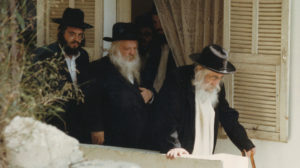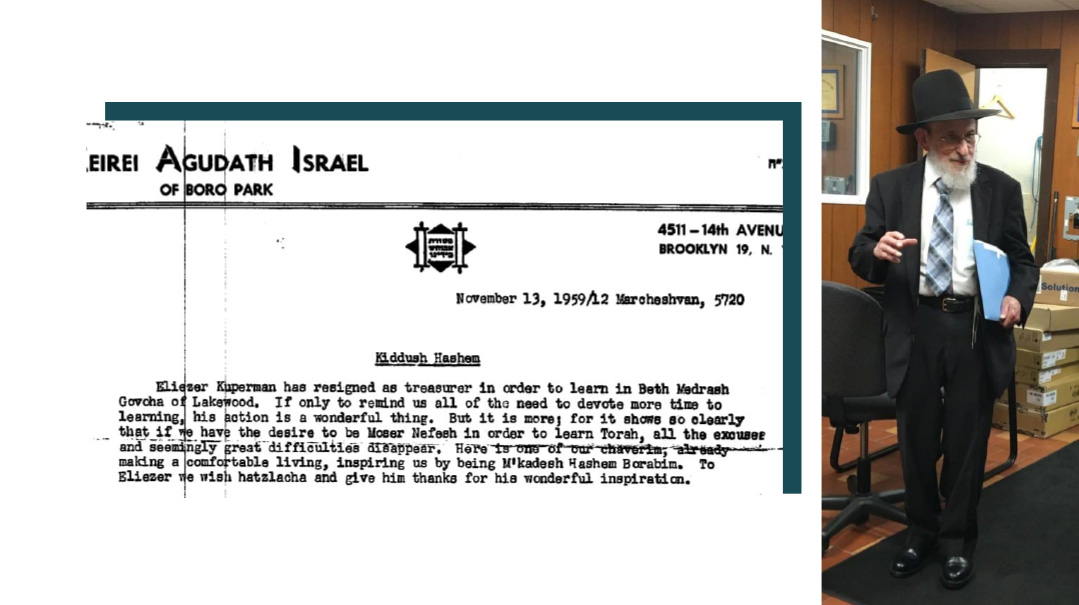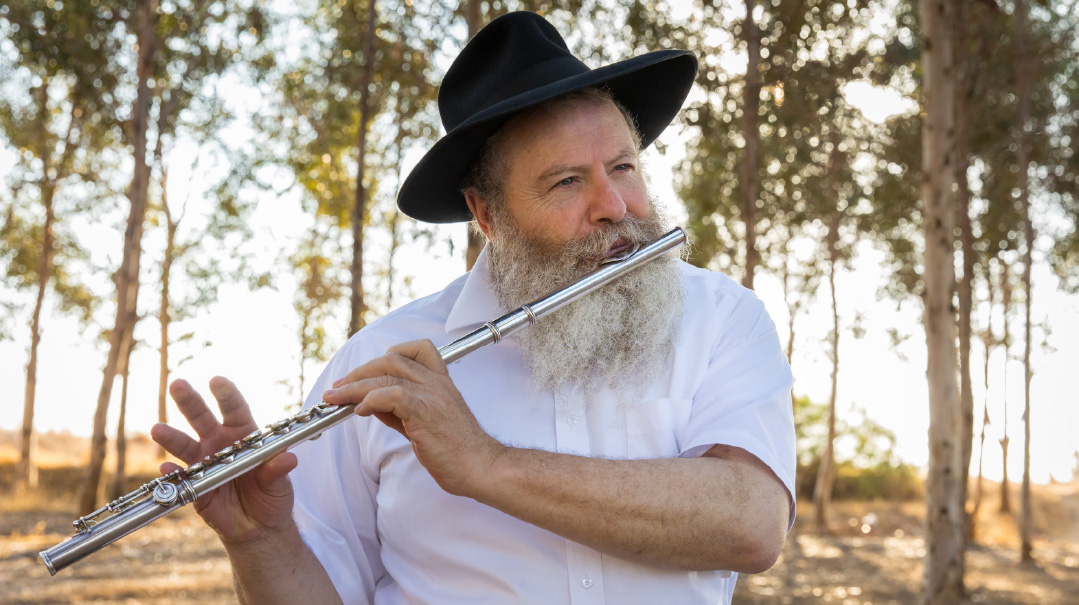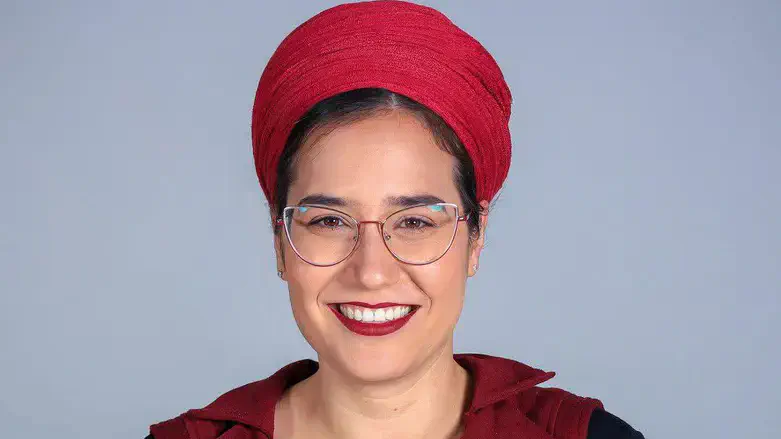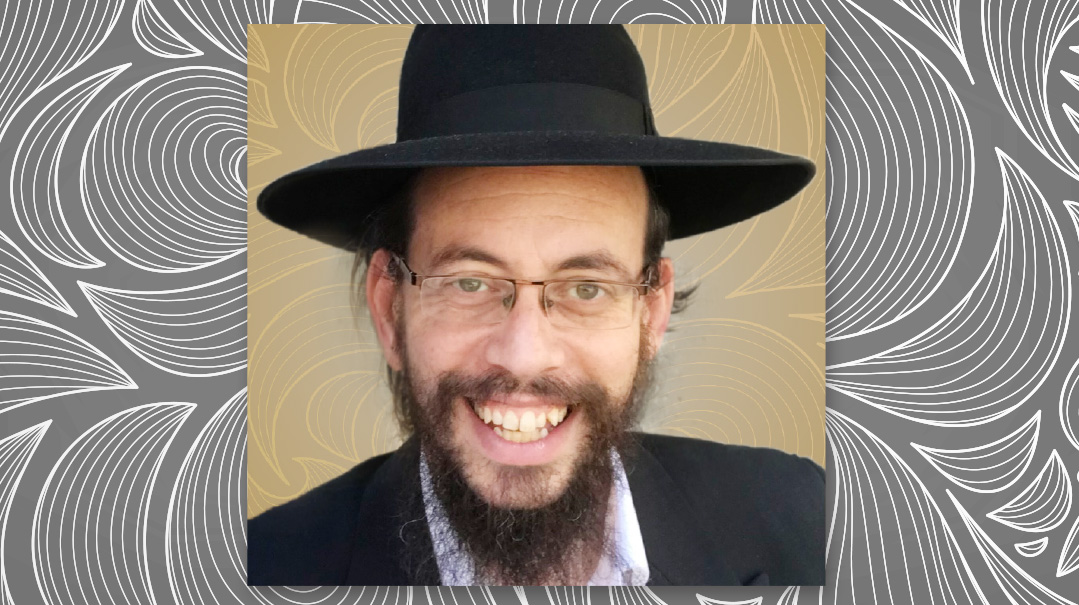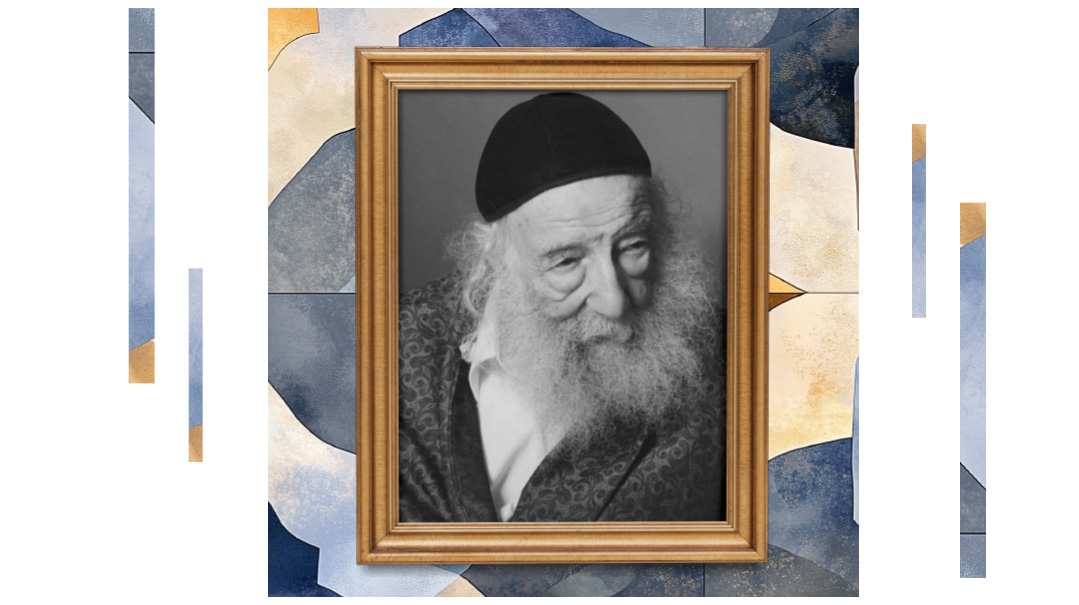His Father’s Footsteps

He displayed loving care to others combined with an unwavering insistence for kavod haTorah
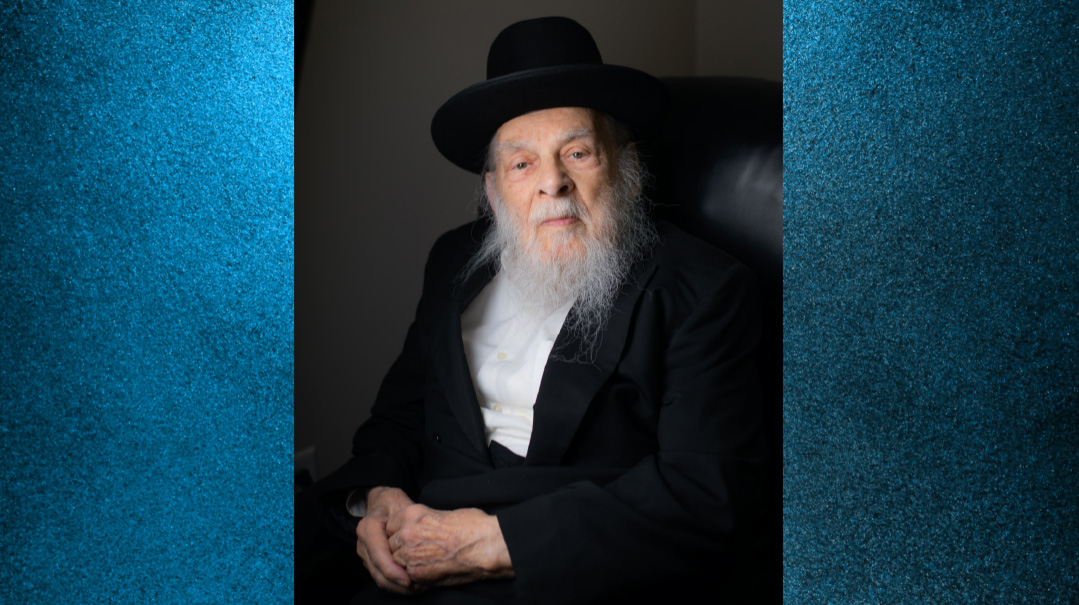
On 22 Tammuz, Rav Shlomo Carlebach’s neshamah returned to the Olam HaEmes. When Rav Yaakov Drillman eulogized him, he called him, “Tzaddik ben tzaddik, talmid chacham ben talmid chacham, aristocrat ben aristocrat.” It had been 80 years since Rav Shlomo had been separated from his father, Rav Yosef Tzvi Carlebach, revered rav of Hamburg, but his legacy inspired his son until his last day.
Rav Yosef Tzvi began his tenure as rav in 1936, just a few short years before Europe went up in flames. He personally witnessed the crazed rioters dragging sifrei Torah from the aron kodesh of his shul and setting them aflame. When he tried to challenge them, they beat him mercilessly. Fully understanding the danger looming ahead, Rav Yosef Tzvi nevertheless chose to remain in Germany. The people needed a rav and he was determined to be there for his kehillah, even if that meant dying for the cause.
When the Nazis came for him, Rav Yosef turned to 16-year-old Shlomo and the two embraced. It was an expression of love that Rav Shlomo would carry forever.
Rav Shlomo survived the war, and arrived in America in 1947 after having endured the torture of multiple concentration camps. He was alone, orphaned, and penniless, but all he wanted was to go to yeshivah. It had been six years since he held a Gemara in his hands, but that didn’t deter him. He met with Rav Yitzchok Hutner, rosh yeshivah of Yeshivah Rabbeinu Chaim Berlin, who asked him to recite any mishnah, and that would constitute his farher. An incredible masmid, Rav Shlomo quickly made up for lost time.
Rav Shlomo carried himself with princely dignity, and, in 1953 was introduced to Maude Katzenstein, a daughter of one of the most prominent families in the Breuer’s kehillah of Washington Heights, Rav Yosef Breuer once noted the heightened level of tzniyus she observed at a young age and commented, “I see you’re on your way to becoming a Bais Yaakov girl!”
Rav Shlomo’s in-laws, who followed the Frankfurt mesorah of Torah im derech eretz, wanted him to enter a profession. Rav Shlomo completed an accounting course and practiced in the field for a year, until his wife redirected his path, insisting that he return to kollel.
He would later become a rebbi in Chaim Berlin’s mesivta program, and also served for a number of years as a rebbi in Mesivta of Eastern Parkway until his rebbi, Rav Hutner, summoned him back to serve as mashgiach ruchani in Chaim Berlin. One of his talmidim from that tekufah, Rav Reuven Schepansky, noted talmid chacham, prolific mechaber seforim, and maggid shiur at the Mirrer Yeshivah, spoke of the both loving and demanding relationship Rav Shlomo had with his talmidim. He related that one year at the Purim seudah, Rav Shlomo called him over. Gesturing toward the seforim shrank, he said, “Reuven, everything you see here, all of the seforim, and the silver too — I am willing to give it all up for you to become the person that you are destined to become.”
It was Rav Shlomo who prevailed upon Rav Hutner to allow the publication of his ma’amarei Torah on the moadim, even committing to undertake the publication costs. Today Pachad Yitzchok is a staple in practically every beis medrash around the globe. Years later, Rav Shlomo authored and published his own set of seforim, Maskil L’Shlomo, which was quick to gain widespread acclaim in the Torah world. Later, in 2008, Reb Shlomo published a two-volume set entitled Ish Yehudi, a biography of his father, expanding upon an earlier biographical work his uncle, Rabbi Naftali Carlebach, had published almost 50 years earlier.
In his later years, Rav Carlebach settled in Lakewood. Up to his last days, he would give a Friday night shiur based on his sefer, and made the rounds to speak at various Lakewood mesivtas. Visitors would frequent his home seeking a brachah, a vort, or just the opportunity to be in the presence of an adam gadol, who displayed loving care to others combined with an unwavering insistence for kavod haTorah, a vintage Chaim Berlin trait.
A recollection he shared with Mishpacha early last year helps explain his relentless dedication to inspiring others. Rav Shlomo was once speaking to with Rav Shmuel Berenbaum when the Rosh Yeshivah referred to Rav Shlomo as the Mashgiach. When Rav Shlomo protested that he no longer held such a position, Rav Shmuel retorted, “You think being a mashgiach is a post? It’s an atzmiyus — it’s your essence!”
But in truth, this dedication to the klal was also a legacy, one that Rav Shlomo was determined to upkeep. When his father was inaugurated as rav of Hamburg, he pledged to his new community that “my house and my heart will be wide open to everyone. I will cry and laugh with you and bear all the anguish of your soul with you. I will regard the honor of having been called to this rabbinical position only as an obligation to relate toward everyone with simple menschlichkeit.”
In that final embrace, Rav Yosef Tzvi Carlebach transmitted this mission to his son. He too would spend a lifetime relating toward everyone with simple menschlichkeit — the type that only those who are far from simple are capable of imparting.
—Yehuda Esral and Mishpacha Staff
(Originally featured in Mishpacha, Issue 922)
Oops! We could not locate your form.






